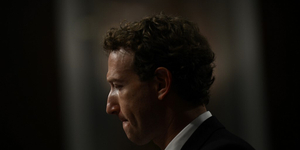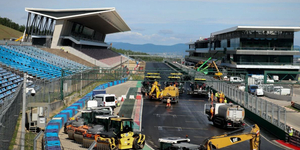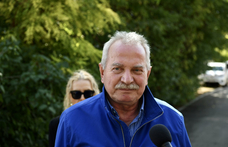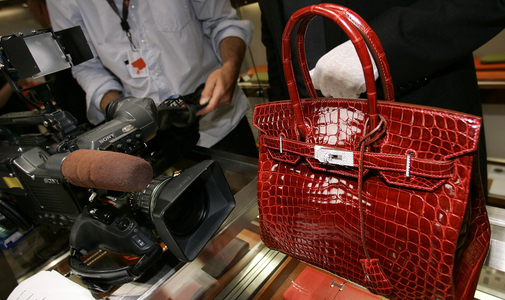Most of the new member states are within grasping distance of the
euro. Smaller countries could adopt the common currency within two or
three years, though the larger countries, including Hungary, may have
trouble meeting even the 2010 deadline.
Supporters of the euro have fallen into a minority, according to
Eurobarometer. Governments are committed to the switchover and are
taking concrete measures to bring it about, but the broad support is
dwindling. 37 per cent of 10,000 people surveyed in the new member
states said they would welcome the introduction of the euro. 53 per
cent would oppose the move.
Most people are aware of the practical benefits, but only 17 per cent
of respondents would like to see the euro as soon as possible, and 46
per cent would like to have it postponed. The greatest concerns relate
to the risk of inflation, but these fears outweigh optimism about the
disappearance of exchange rate risk, the stability of the means of
payment and easily comparable pricing. Opposition to a swift euro
entry is strongest in precisely those three countries - Lithuania,
Estonia and Latvia - which have the best chance of joining. The
opposition is explained by the fact that they only excaped the rubel
zone at the beginning of the 1990s - they have not had enough time to
enjoy their own national currencies. The two greatest enthusiasts are
Slovenia (58 per cent support) and Hungary (49 pc).
This lack of support is not discouraging the governments of the ten
new members from forging onward with preparations. They have no choice
- the accession treaties commits them to introducing the euro at an
unspecified date. To date, only Denmark, Sweden and the UK are exempt
from this reqirement. Each of the ten - with the exeption of Poland -
set a target date after accession.
The smaller countries are sticking to the original timetable, despite
the inflationary risks. Estonians, Lithuanians and Slovenes could be
paying in euros as early as 2007. The two Mediterranean countries,
Cyprus and Malta, seem likely to meet their self-imposed 2008
deadline. Latvia, which already meets three of the four Maastricht
criteria, is likely to slip back a year, to 2008, because of the
exceptionally high inflation that is the result of its high growth.
Slovakia has set a breathtaking reform pace in recent years. At the
end of November, six months ahead of schedule, Slovakia followed the
six countries mentioned above, becoming the seventh in joining the
ERM-2 exchange rate mechanism, the 'anteroom' to the euro. Countries
have to remain inside ERM-2 for two years, their currencies moving no
further than 15 per cent from their value at entry, in order to
continue into the euro. Bratislava originally planned for a 2009
entry, which most analysts thought realistic. But the centre-right
government there, now in its second term of office, carried out a
health and pension reform, imposed fiscal discipline and attracted
foreign investment, all of which has brought about a dramatic
improvement in the key macroeconomic indicators. This has given the
government an incentive to speed up - with added impetus given by the
desire to confront the populist opposition leader Robert Fico, who
wants a euro delay, with a fait accompli.
The three largest states are the problem cases. The Czech Republic,
Poland and Hungary are likely to be the last of the countries to adopt
the euro, in 2010 or later. Both economics and politics are to blame.
The Czech Republic is closest to meeting the criteria, with only the
budget deficit posing problems.
The Hungarians' chances are affected by impending elections. Expecting
budget discipline ahead of an election campaign is unrealistic.
Furthermore, the indicators do not currently meet a single one of the
Maastricht criteria. Fitch Ratings recently said that a four-year
delay was possible. But the government has not given up hope, and the
Finance Ministry promises that the deficit will be cut down, and all
the criteria will be met in time.
Nothing is clear in Poland. The minority conservative government that
came to power in November has not set a deadline for euro entry. As
Kazimierz Marcinkiewicz, the prime minister, recently said: first they
intend to meet the economic criteria, then they will take a decision.
But first, they want to ask the voters' opinion in a referendum. But,
since they plan to enter ERM-2 in 2009, then 2011 is the earliest
possible date for adopting the euro.














